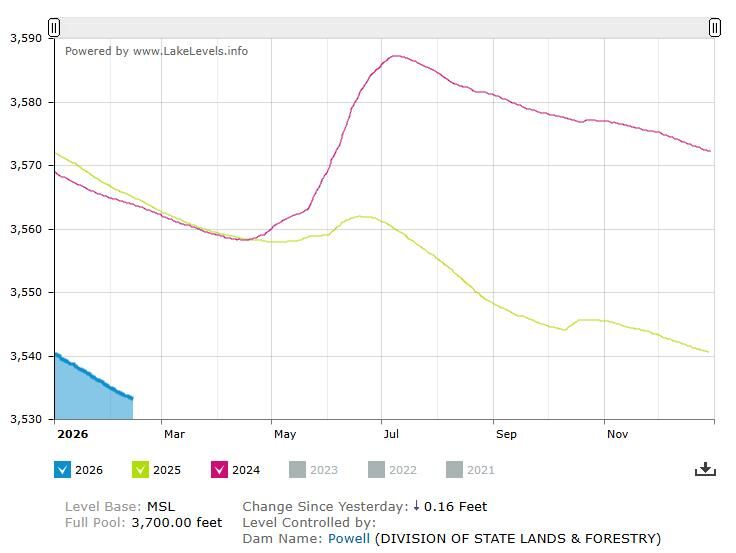Colorado lawmakers begin to tackle major housing bills, including occupancy limitations

Major measures on housing are starting to move at the state Capitol this week, which saw the first hearings on some of the roughly 260 bills introduced in this session so far.
Colorado faces an acute housing shortage. One study puts the deficit in metro Denver region alone at 45,025 to 115,012 housing units.
As lawmakers hunker down, one thing is already clear — the Polis administration and its allies have learned some lessons from last year’s legislative session, which ended with the defeat of the governor’s proposal on land use.
This year, housing bills are rolling out in just the first three weeks of the session — five as of Wednesday — though they do not yet include highly-anticipated measures on “construction defects.” Developers and others blame the state’s “construction defects” law for keeping condos — one of the most affordable forms of housing — out of the market.
In contrast, last year’s major proposal on housing wasn’t introduced until late in March, and it didn’t have its first hearing until a month before the end of the session.
The other lesson is that lawmakers this time around intend to tackle Colorado’s housing challenge via smaller and much easier-to-defend bits, instead of an “omnibus” measure.
Already, the House Transportation, Housing & Local Government Committee on Tuesday started off what likely will be hours of hearings into one of the major proposals tackling the state’s housing crisis.
The committee approved, on a party-line 8-3 vote, House Bill 1007, which would restrict local governments from adopting ordinances that limit occupancy for unrelated individuals unless the case can be made for health, safety, fire codes or other similar restrictions.
The idea of telling local governments not to impose occupancy restrictions, as some two dozen communities have already done, was part of last year’s Senate Bill 213, but that provision was amended out early on.
As amended by the committee Tuesday, the “Harmonizing Occupancy Measures Equity Act” or HOME Act, would create a more inclusive and sustainable Colorado, according to Rep. Manny Rutinel, D-Commerce City.
Occupancy limits already imposed by local governments are arbitrary, Rutinel said.
Under the measure, a local government could only enforce residential occupancy limits when they are tied to a minimum square footage per person requirement that is necessary to regulate safety, health, and welfare. The bill was amended to add in fire codes, international building code standards or standards imposed for water quality purposes by the Colorado Department of Public Health and Environment.
Supporters said the measure would encourage denser living arrangements, with some calling occupancy limits “discriminatory policies,” while some expressed worries that it would undo what local governments have already accomplished.
Rutinel told committee members that, in addition to encouraging denser living arrangements, lifting the restrictions would also accrue benefits tied to environmental quality, such as less traffic congestion, reduced per capita land and water use. And it will encourage social interaction, helping with loneliness that goes beyond the physical aspects of housing, Rutinel added.
Co-sponsor Rep. Javier Mabrey, D-Denver, pointed to a Fort Collins study that said occupancy limits contribute to increased rental prices and less housing stock. The bill would not take away nuisance laws or affect city ordinances that prevent people from creating too much noise or trash, he said.
Mabrey is an attorney with the Community Economic Defense Project, which has hired lobbyists to support the bill, along with sending a staff member to testify in favor of it on Tuesday.
Republicans questioned whether the measure would affect private property rights by telling landlords how many people could live in their property.
But Rutinel and Mabrey said the bill is a directive to local governments, not to landlords. They noted that, even in communities with those restrictions, those ordinances are rarely enforced.
The bill does not address enforcement, they said. Rutinel said the bill merely provides guidance to local governments.
Kinsey Hasstedt of Enterprise Community Partners, a national nonprofit that works to increase affordable housing supply, said occupancy limits are “rooted in discriminatory policies and beliefs and impact systemically marginalized households and communities.” She also said it harms large, biologically related families by giving neighbors grounds to file a complaint or request city inspection, which she said happens most often against people of color.
Black and Hispanic households comprise 30% of all Denver households, Hasstedt said, but 72% have five or more adults.
Removing these limits will not fix the crisis, she said, but it will help.
Cody Kennedy, a Grand Junction city councilmember with experience in law enforcement and who is also a landlord, said he owns a five-bedroom home in Grand Junction but can only rent out four bedrooms because of the city’s current occupancy limits. That, he said, is problematic for college students attending Mesa State University.
He agreed that limits are discriminatory and not good for either landlords or tenants.
The Colorado Municipal League’s Beverly Stables said her organization seeks an amendment to add in fire codes as a health and safety limitation.
The group is “deeply concerned” with the racial history of occupancy limits tied to familial relationships, Stables said, adding member municipalities have tried to rectify those codes.
The measure, however, would undo the work done by locally elected officials and planning experts that drew in substantial engagement from their communities, she said.
The group also fears the bill could cause unintended consequences, and that adding in international building codes are a poor substitute for locally elected bodies, she said.
Boulder recently modified its occupancy limits, increasing to five the number of unrelated people who can live in a dwelling.
Jonathan Singer, who represents the Boulder Chamber of Commerce, said “headcount does not equal health.”
“If it did, we’d have public health and public safety asking for significant changes to this bill,” Singer said.
While he noted the changes made by Boulder City Council, Singer said the issue is a statewide one and requires a statewide response.
The bill now moves on to the full House for debate.
In his state of the state address, Gov. Jared Polis mentioned the legislation, saying that “ending discriminatory occupancy limits that especially hurt renters is another important way that we can break down harmful barriers to housing and create more equity.”
The other housing bills, all assigned to the transportation, housing and local government committee in the House are the following:
• Introduced on Monday, House Bill 1152 also takes a page or two from last year’s SB 213. The measure seeks to increase the number of accessory dwelling units, aka “granny flats,” that can be built on existing property.
Unlike the housing bills from 2023, or even HB 1007, HB 1152 enjoys bipartisan support, with Rep. Ron Weinberg, R-Loveland, signing on with Rep. Judy Amabile, D-Boulder, and Democratic Sens. Kyle Mullica of Thornton and Tony Exum of Colorado Springs.
The bill excludes rural resort communities, a pointed raised Tuesday by House Speaker Julie McCluskie of Dillon. She told reporters that her home county, Summit, has found creative approaches to inspire the building of more ADUs with a focus on local workforce and not on the short term rental market.
In rural resort communities, building ADUs could benefit tourists in communities that are crying out for workforce housing, she said.
The bill is not yet scheduled for its first hearing.
• A repeat from 2023, House Bill 1098 seeks to require “just cause” for evictions of residential tenants. It also is not yet calendared for its first hearing. Last year’s version died in the Senate at the end of the session, avoiding an expected veto from the governor.
• House Bill 1157, which the committee approved Wednesday on a party-line 7-3 vote, prohibits landlords from using algorithmic devices to come up with rental rates for tenants, and considers their use a violation of the state’s consumer protection act.













